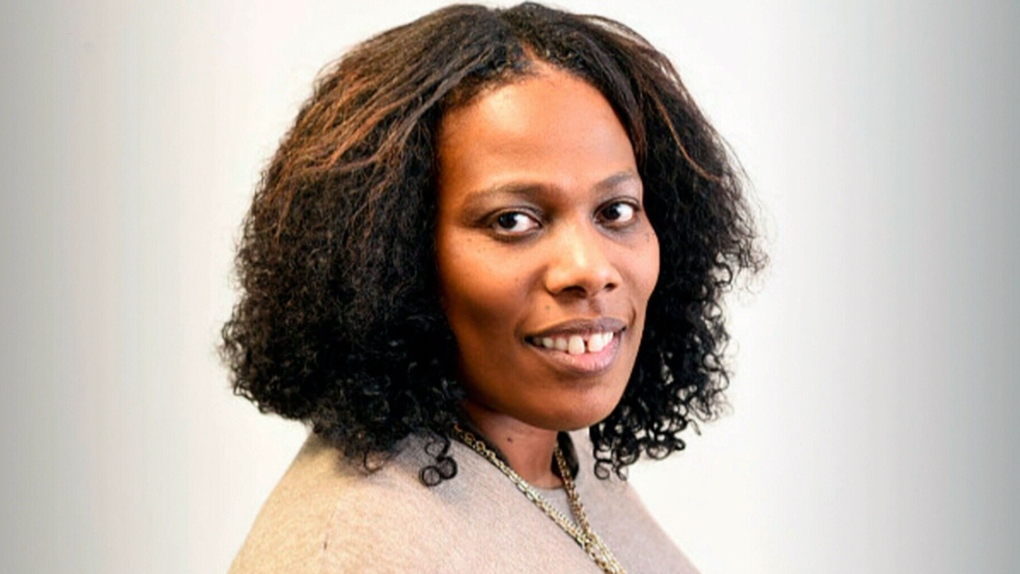
'Real despair': High-ranking Toronto police officer felt isolation, mistreatment at TPS pushed her to help officers cheat on exam, lawyer says
CTV
The first female Black superintendent in Toronto Police Service history was attempting to diversify the ranks on her own when she helped six constables cheat in a promotions exam, her lawyer told a police tribunal.
The first female Black superintendent in Toronto Police Service history was in despair over what she believed was systemic mistreatment of Black officers and was attempting to diversify the ranks on her own when she helped six constables cheat in a promotions exam, her lawyer told a police tribunal Monday.
Supt. Stacy Clarke was “frustrated and desperate” at the slow pace of change in the service and believed her efforts to promote qualified Black candidates were falling on deaf ears, lawyer Joseph Markson said during the tribunal hearing that will ultimately determine her punishment within the organization.
“As the first Black female superintendent in the history of the Toronto Police Service, Supt. Clarke has been running uphill and against the wind for more than 26 years,” said lawyer Joseph Markson.
“In these unique and extraordinary circumstances, there is a straight line in connecting systemic discrimination in policing towards Blacks, Supt. Clarke’s lived experience, and the facts of misconduct to which she had pled guilty. She is extremely remorseful for her misconduct. However those acts of misconduct were rooted in real despair, real hurt and real pain.”
Clarke pleaded guilty last fall to seven counts of professional misconduct for her role in providing pictures of questions and answers to officers in the promotional process, which marred an otherwise unblemished career, the tribunal heard.
The misconduct could merit a dismissal, but Chief Myron Demkiw still believes “this officer still has work to do,” said the TPS representative at the hearing, lawyer Scott Hutchison.
“There’s good reason to question whether a senior officer who engaged in conduct like this has a realistic role in the service in the future. I want to be clear that’s not the penalty I’ll be asking you to consider,” said Hutchison, saying he does not object to evidence and witnesses that could shed light on what he called a “pernicious problem of anti-Black racism.”
